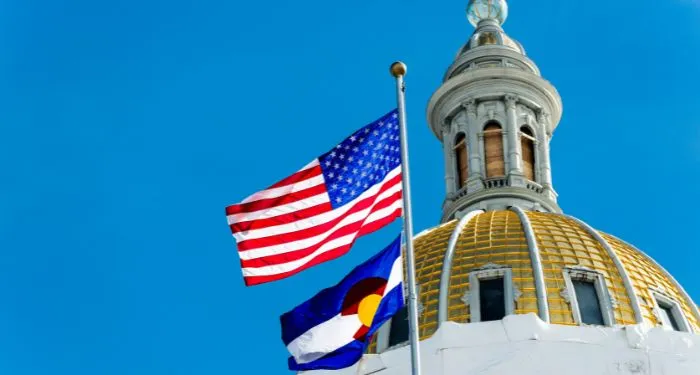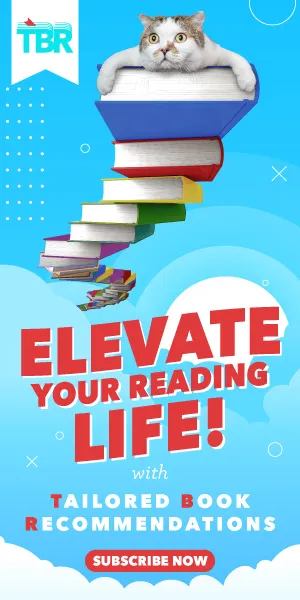
Anti-Book Ban Bill Introduced in Colorado
Following in the steps of Massachusetts and New Mexico, Colorado has introduced anti-book ban legislation in its new session. SB 049, Content of Materials in Libraries, includes several components, all of which would enshrine anti-discrimination in materials selection and challenges into law. It was sponsored by Senator Lisa Cutter, Senator Chris Kolker, Representative Junie Joseph, and Representative Eliza Hamrick.
The bill would require the following:
- Establish a process for challenging material for students, parents, and community members.
- Ensure that reviews of challenge materials are conducted to standards set by a school committee or the director of a public library. The school committee will be appointed by the district superintendent and cover challenges to materials in all schools within the district (thereby applying uniform standards).
- Require all materials to remain on shelves and accessible during a challenge. Anyone who refuses to remove material will be safeguarded from retaliation.
- Prevent the state board of education from overriding the requirements of the bill as applied to schools.
- Emphasize that decisions made to the acquisition or removal of materials or displays cannot be discriminatory.
Taken together, this is a solid piece of legislation that would not only keep the power of decisions about materials left to their respective professionals, but it would safeguard future attempts at censorship by ensuring that elected officials do not have more power than those who are professionals in those institutions. It ensures, too, that those who wish to challenge material may do so but that while those materials are being examined, their access will not be hindered. This has been a significant issue in other states and institutions, including in Escambia County Schools in Florida, where at least 1600 books have been pulled while under review.
SB 049 was created with the model “Libraries for All” framework developed by EveryLibary, which puts public accommodation, non-discrimination, and civil rights protections at the forefront of library legislation.
Colorado has not been immune to book challenges and book bans over the last several years. In fact, some communities in the state have seen significant upticks in discriminatory attacks by book banners and those who have spread false narratives about the purpose of drag story times in public libraries. High Plains Library District fired one of its own librarians when she sounded the alarm about their discriminatory policies; she won a settlement against the library.
The American Library Association recorded eight attempts to restrict access to books in Colorado between January and August 2023 alone, with 136 book titles challenged. This placed the state among the top for censorship attempts in this time frame. PEN America recorded eight book bans in school districts during the 2022-2023 school year. Among the institutions that experienced book challenges and bans in the last year are Douglas County Public Library, Academy District 20, Greeley-Evans School District 6, Wellington Public Library, Gunnison County District Library, Monte Vista School District, and others.
If you’re a Colorado resident, take 10 minutes to write your representatives in support of the bill, which was filed on January 12, 2024. You have a wealth of statistics at your fingertips, including those found in the recent Book Riot x Every Library Institute research about how much libraries are supported by their communities.
SB 049 is scheduled for hearing in the state’s Education committee at 1:30 p.m. on Monday, January 29, for locals who may wish to attend.













